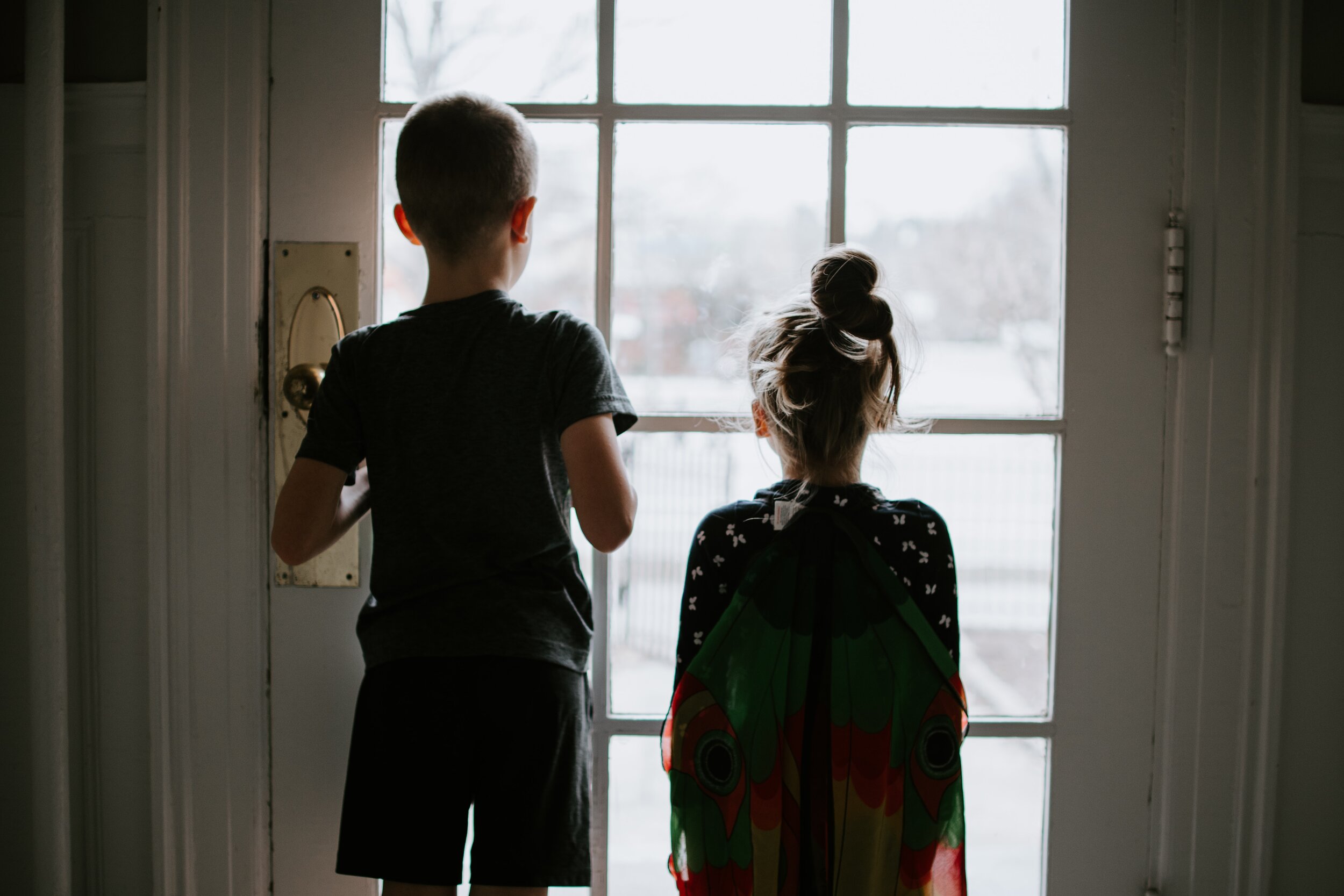
Signs of Abuse
When a child is experiencing abuse, there may be signs. Some signs are physical. Behavioral signs are even more common. Some kids will not show any signs. If you observe changes in a child’s behavior, mood, and/or physical appearance, take note. These changes could be a clue that a child is experiencing abuse.
Signs of abuse may include:
Nervousness around adults or someone in particular
Aggression, passivity, or over-compliance
Sudden changes in personality, mood, and/or behavior
Changes in sleeping habits
Not wanting to go home or go to a particular place
Low self-esteem or changes to self-esteem
Changes in school performance and attendance
Unexplained bruises or injuries
Lack of personal care or hygiene
Changes to eating habits and appetite
Risk-taking behavior including drug and alcohol use
Self-injury (cutting or burning)
Suicidal ideation or attempts
The presence of these signs doesn't necessarily mean that a child is being abused. There may be other signs beyond this list. Signs and symptoms can differ based on the type of abuse. Each child is unique and may express signs differently. And sometimes there are no signs; that’s why talking to children is so important.
Are you worried about a child?
If you have concerns that a child has been abused— or a child tells you they were abused—report it to law enforcement or DHS child welfare. You don’t have to have all the details or proof to report a concern. Trust your instincts.
It’s not your job to investigate or be an expert. By simply reporting your concerns, you can help keep a child safe. Concerned about your privacy? If you make a child abuse report, laws ensure that your name and other identifying information will be kept confidential.

